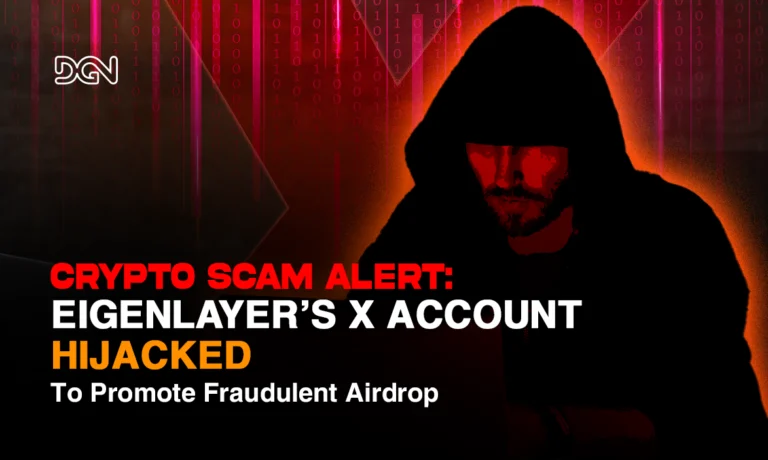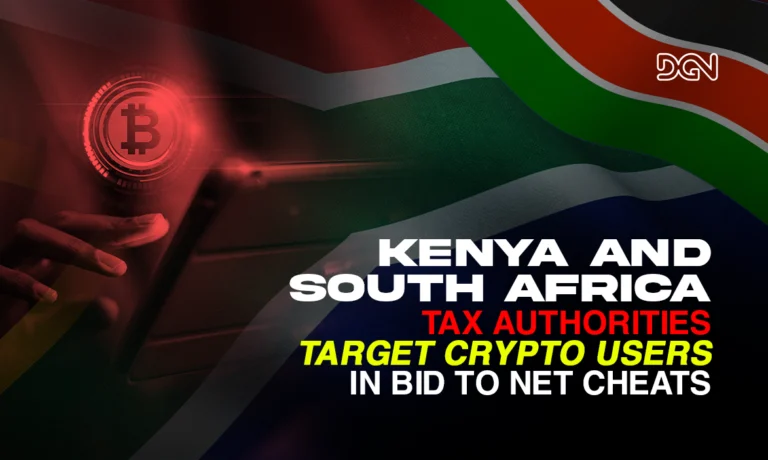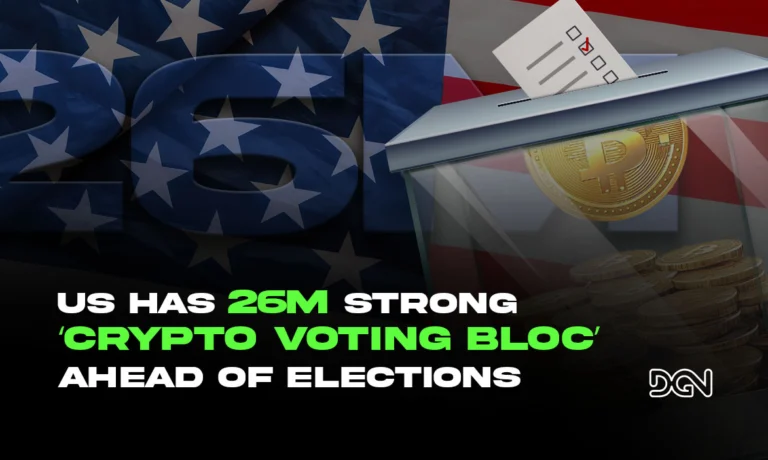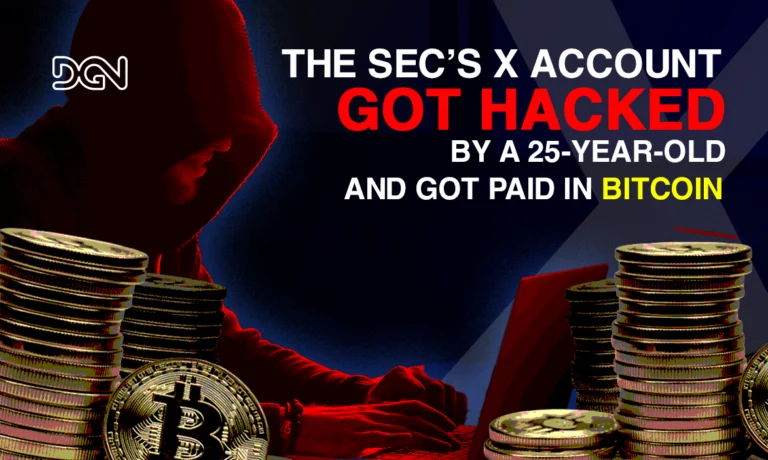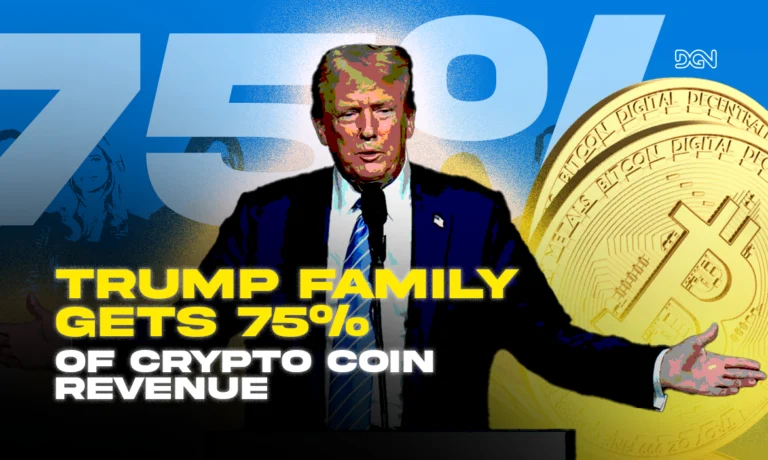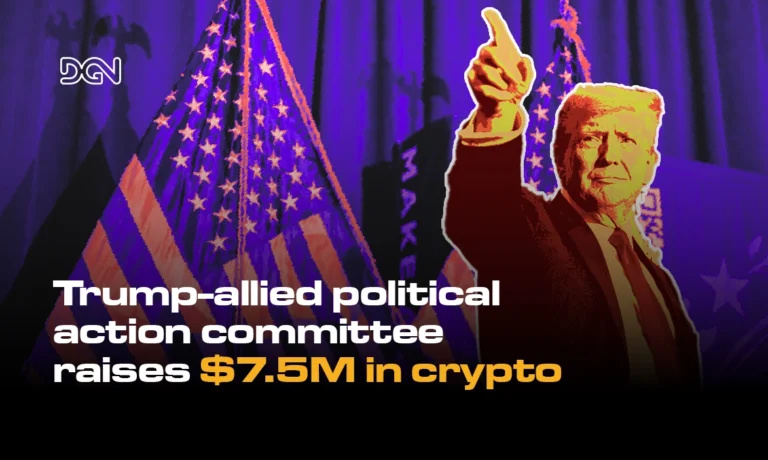In the early hours of Friday, EigenLayer, a well-known restaking protocol, fell victim to a security breach on its official X (formerly Twitter) account. The hacked account was used to promote a fraudulent airdrop, misleading users into interacting with harmful links and fake claims. Eigen Labs, the developer behind EigenLayer, quickly confirmed the incident and warned its community about the scam.
How the Attack Unfolded

Hackers gained control of EigenLayer’s X account and began sharing posts promoting a false reallocation of EIGEN tokens, tied to Season 2 of the protocol’s airdrop. The goal was to lure users into engaging with deceptive links and submitting claims under false pretenses. This method mimicked a legitimate announcement made by EigenLayer earlier in September, where the claim period for the real stakedrop had already concluded.
The fraudulent posts followed a specific pattern:
- An initial message promoting the fake EIGEN token reallocation for Season 2 stakeholders.
- A malicious link urging users to participate.
- A “final call” post creates a sense of urgency for users to engage.
These posts closely resembled EigenLayer’s legitimate stake drop communications, making the scam even more convincing to unsuspecting users.
Also read: Stripe Eyes Crypto Expansion with Potential Acquisition of Stablecoin Startup Bridge
Immediate Response from Eigen Labs
Upon discovering the hack, Eigen Labs immediately informed the public about the breach through its verified channels, urging users not to engage with the compromised X account. They stressed the importance of double-checking all communications and only engaging with the official EigenLayer website (eigenlayer.xyz).
“The @eigenlayer handle has been compromised. Please do not engage with any suspicious links and actively double-check and verify you are engaging with ‘eigenlayer.xyz.’ An update will be provided once secured,” Eigen Labs posted on their X account.
Scam Sniffer Identifies the Threat
Scam Sniffer, a crypto anti-scam platform, was quick to identify and report the fraudulent promotion. The platform confirmed that the phishing posts contained harmful links intended to exploit users. Following this, blockchain investigator ZachXBT also raised an early warning on his Telegram channel, urging users not to click on any links shared during the breach.
EigenLayer’s X account was compromised and posted phishing tweets
Scam Sniffer posted, cautioning users to stay vigilant.
A Growing Trend in Crypto Scams
The attack on EigenLayer’s X account is part of a larger trend where hackers exploit social media platforms to deceive investors. By mimicking official announcements and creating a false sense of urgency, these scams often manage to fool even experienced crypto users.
Recently, the FBI arrested an individual responsible for hacking the U.S. Securities and Exchange Commission’s (SEC) X account. In that case, hackers falsely announced the approval of a Bitcoin exchange-traded fund (ETF), leading to widespread confusion. Such incidents highlight the ongoing risks of digital platforms and the importance of vigilant cybersecurity practices.
Protecting Against Future Scams
As cryptocurrency adoption grows, so do the tactics used by scammers to exploit both investors and legitimate platforms. Users are advised to:
- Always verify communications: Ensure that announcements come from official sources. Check for verified website domains and cross-reference with previous legitimate updates.
- Avoid engaging with suspicious links: Even if the message appears to be from a trusted source, always double-check the URLs before clicking.
- Stay informed: Follow trusted blockchain investigators like ZachXBT and anti-scam platforms like Scam Sniffer for timely updates on crypto scams.
Eigen Labs has assured its users that it is working to secure its account and will provide further updates. Meanwhile, the community remains on high alert, actively avoiding the compromised X account and its malicious links.
The hacking of EigenLayer’s X account serves as a stark reminder of the vulnerabilities present in the cryptocurrency space. As crypto scams become more sophisticated, it’s critical for both developers and users to stay informed and practice caution when engaging with digital platforms. With heightened vigilance and improved cybersecurity measures, the crypto community can reduce the risk of falling victim to these malicious schemes.
